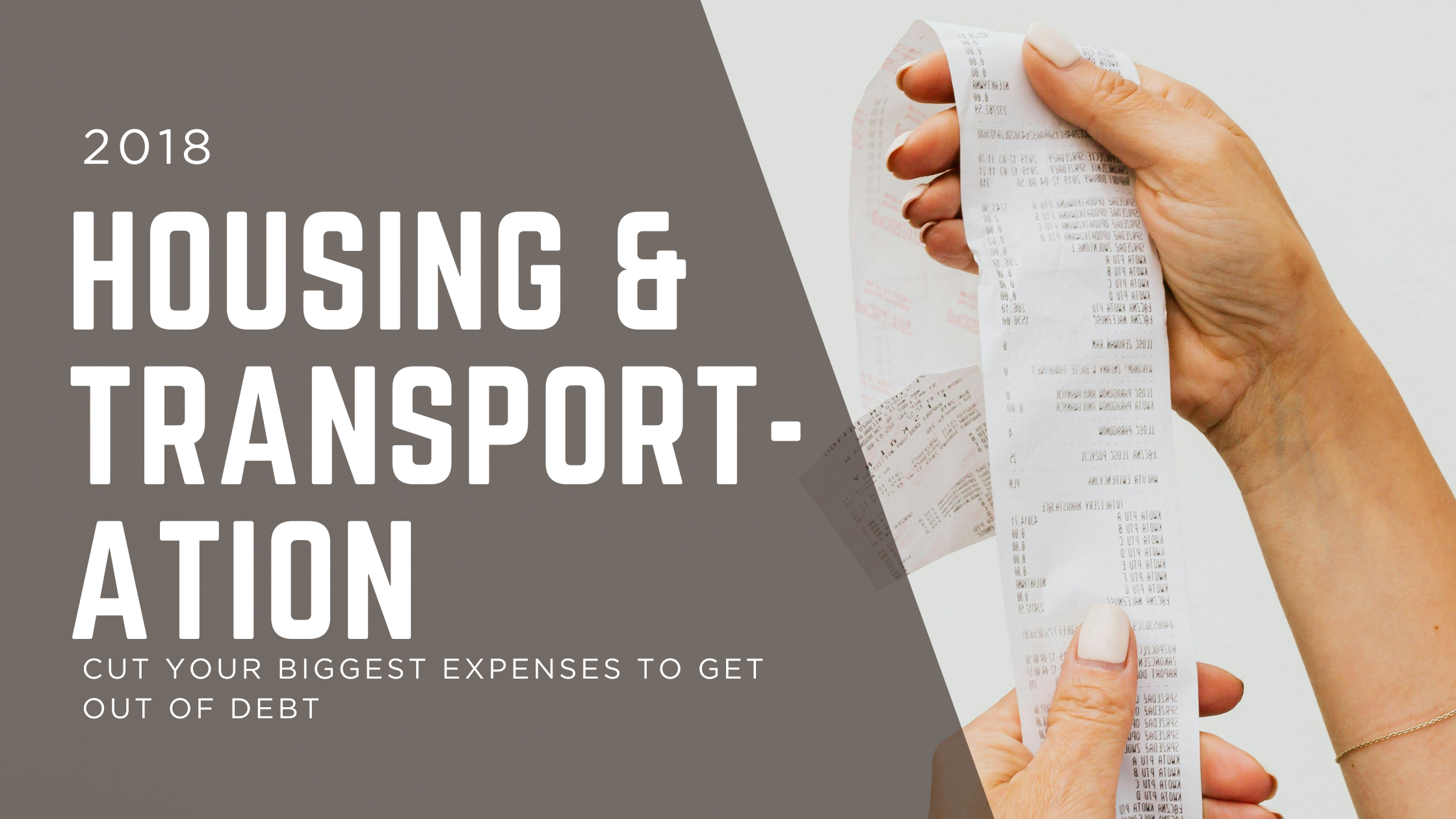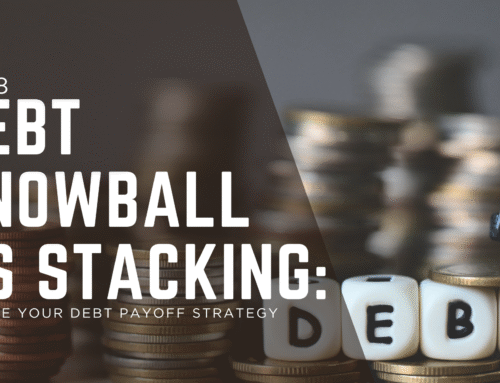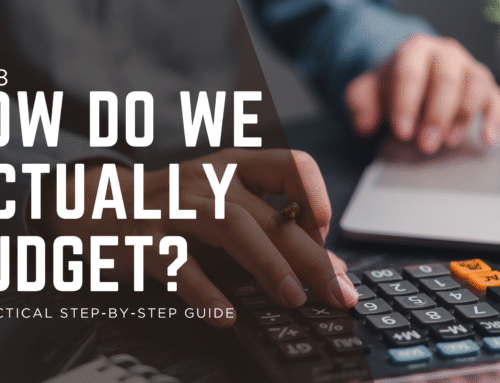
🏠🚗 This Week: Your Two Biggest Budget Categories
Learn practical strategies to reduce housing and transportation costs – the two expenses that typically consume the largest portions of most household budgets.
Housing: The 30% Rule vs. Reality
The rule of thumb is that your housing expenses should be no more than 30% of your income. Most of us are spending closer to 50% of our income on housing. If you’re among them, it will be almost impossible to get out of debt and start saving for your future.
📊 Calculate Your Housing Burden
Monthly Income: $4,000
30% Target: $1,200/month
50% Reality (for many): $2,000/month
Potential Monthly Savings: $800
That’s $9,600 per year that could go toward debt repayment!
📈 Current Situation
50% on Housing
- Struggling with debt
- No emergency savings
- Living paycheck to paycheck
- Retirement savings delayed
📉 Target Situation
30% on Housing
- Debt repayment accelerated
- Emergency fund building
- Financial breathing room
- Retirement savings growing
Housing Reduction Strategies
🚨 Time for Tough Decisions
Even if you are at 30% or under, if you have significant debt, this needs to change. You have a couple of options; get a roommate, move in with your parents, or move into a cheaper place (if you are renting).
👥 Get a Roommate
Split rent and utilities. Can reduce housing costs by 30-50% immediately.
- Screen roommates carefully
- Create clear house rules
- Use written agreements
🏡 Move to Cheaper Area
Consider nearby towns with lower cost of living while maintaining commute feasibility.
- Research property taxes
- Check commute times
- Evaluate amenities
👨👩👧 Move with Family
Temporary solution that can accelerate debt payoff dramatically.
- Set clear timeline
- Contribute to household
- Maintain independence
🏠 Airbnb Your Space
If you’re in a desirable location, rent your place out to Airbnb.
- Even one weekend monthly helps
- Potential: $500-750/month
- Stay with friends/family during rentals
💡 The Geographic Reality Check
Moving towns may not be practical for everyone, but if you’re living in an area where housing costs are prohibitive, and you’re in a profession where you’re not ever going to be making enough money there to get under that 30%, it’s something you need to consider.
While it is great to live in the west, if you’re going to be forever in debt and never able to comfortably retire, it’s not worth it.
Transportation: Your Second Biggest Expense
Getting from place to place is likely our second most significant expense. If you are lucky enough to live in an area with good public transport that might be an option to reducing your fuel bill.
🚗 Typical Monthly Car Ownership Costs
$300-500
$100-200
$150-300
$50-100
$600-1,100
The One-Week Transportation Audit
📝 Your Assignment This Week
Experiment for one week, if you are a two car family, have your partner do the same. Write down every trip you make. At the end of the week, go over the list.
🗺️ Trip Efficiency
Are there trips that could be cut out by planning errands more efficiently?
- Combine multiple errands
- Plan efficient routes
- Reduce unnecessary trips
🚶 Alternative Transport
Any trips that could be made by bike or by foot?
- Walking for short distances
- Biking for medium distances
- Public transit when available
👫 Trip Combining
How many trips could you and your partner combine?
- Coordinate schedules
- Share drop-off/pick-up duties
- Carpool to work
🚗 The One-Car Solution
If you’re a two-car family struggling with debt, consider becoming a one-car family.
- Eliminate one car payment
- Reduce insurance costs
- Save on maintenance
💡 The Reality Check Question
It’s convenient to have two cars but how is it necessary? What would you do if one car was totaled and couldn’t be replaced right away? Do that and sell the other car. Not only will you get rid of a car loan but the cost of insurance too.
🌱 Additional Benefits Beyond Savings
Walking or riding have benefits beyond just saving money too. More exercise, less pollution, less aggravation from traffic and parking.
Example: If you live in Trincity, must you drive to go to the movies? Consider the alternatives!
🛒 Coming Next Week: Food and Small Stuff
Stay tuned as we tackle the everyday expenses that add up quickly. Learn how to reduce grocery bills and cut small recurring costs that drain your budget.
“A wealthy person is simply someone who has learned how to make money when they’re not working.” – Robert Kiyosaki
📚 Continue Your Debt Reduction Journey
Missed our previous debt articles? Check out Getting Out of Debt on a Low Income and our complete Debt-Free Living series.







